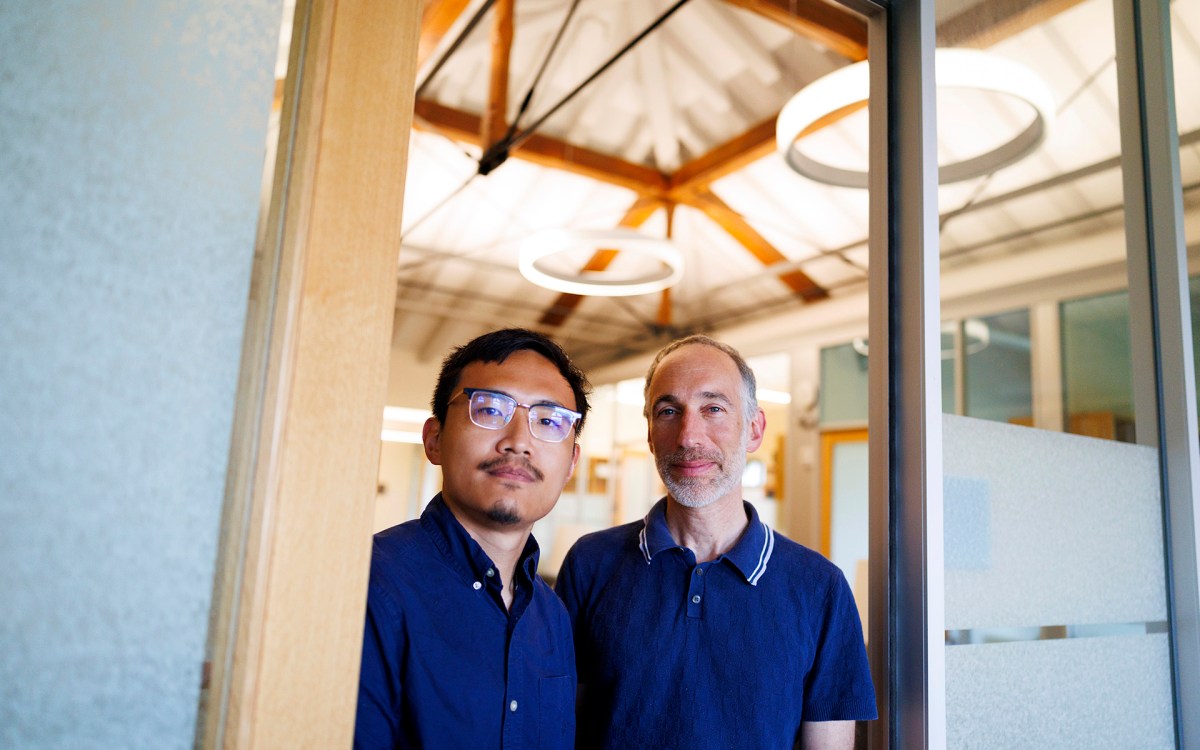HSPH program fills training gap for nutrition researchers in India
India is poised to join the list of countries suffering from a dual burden of both infectious and chronic non-communicable diseases, many of which have their roots in diet and nutritional status. While poor maternal and child health is marked by high rates of anemia, undernutrition, and infectious diseases, obesity and diabetes are also rising in incidence. The need for nutrition researchers in the country is great, but few options exist for graduate-level training.
For the past four years, researchers at Harvard School of Public Health (HSPH) and Tufts University have been working to bridge that gap through the Bangalore Boston Nutrition Collaborative (BBNC), a program which includes educational exchanges, distance learning, and a two-week course in nutrition research methods. The most recent course was held January 21-February 1, 2013 at St. John’s Research Institute in Bangalore.
The course, which is held annually, provides substantive knowledge and methodological skills in nutrition research, with topics including research ethics, nutritional epidemiology, biostatistics, survey design, proposal development, and body composition analysis. Junior faculty and students from dozens of institutions throughout India attended the most recent session, in addition to several attendees from Uganda, Nepal, and other countries.
“The skills we teach help fill a gap in the students’ training,” said Christopher Duggan, associate professor in HSPH’s Department of Nutrition, who leads the program. “The vast majority of them have gone on to write a paper, submit a research grant, or otherwise advance in their academic home institution using what they’ve learned.”





